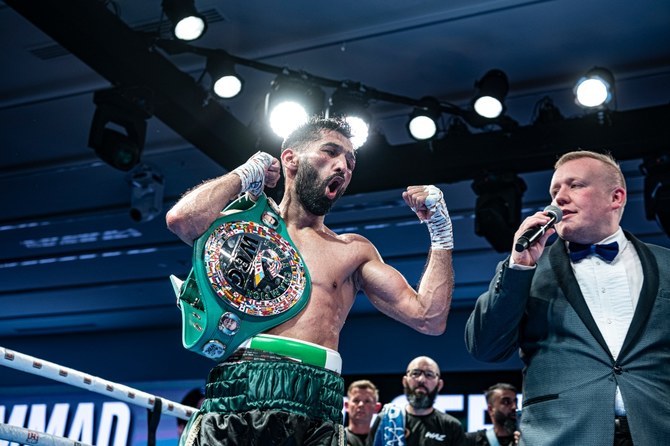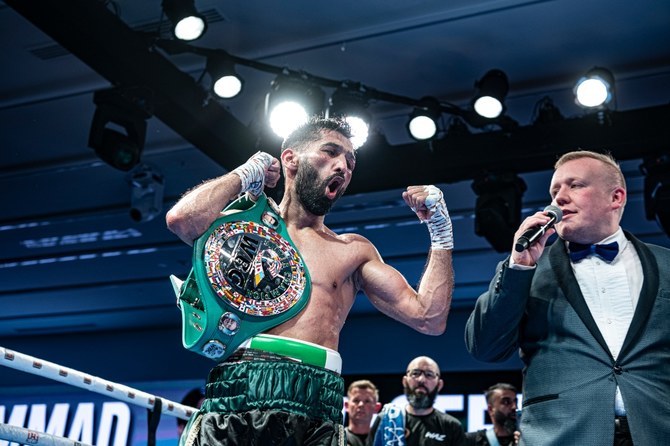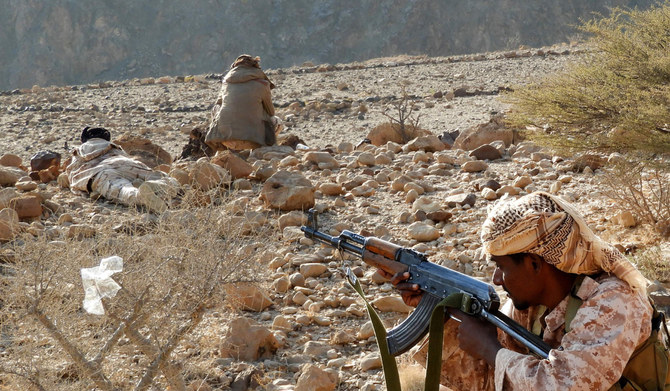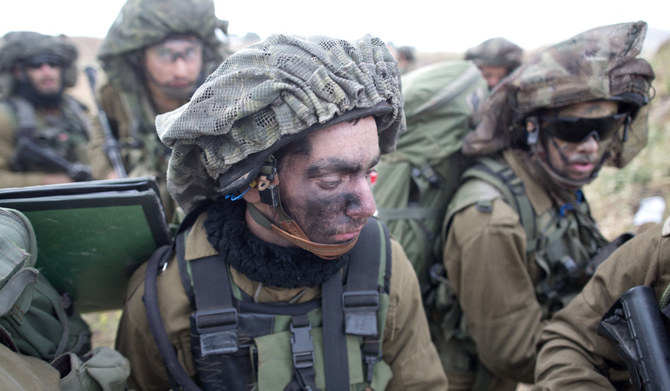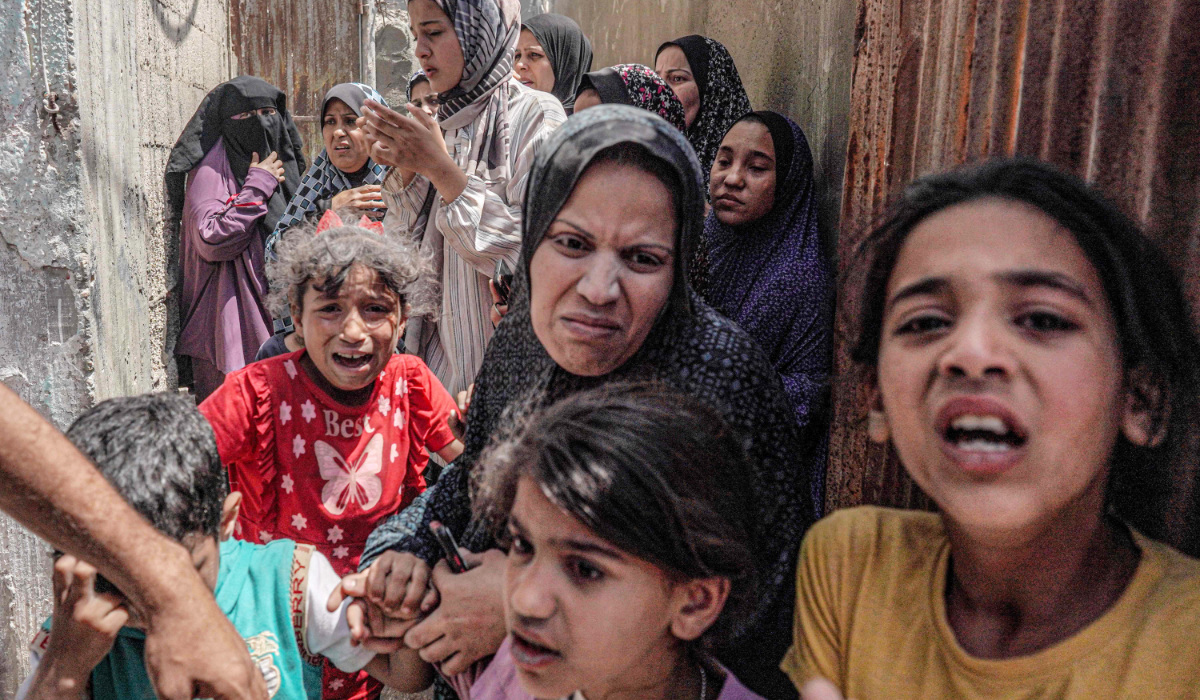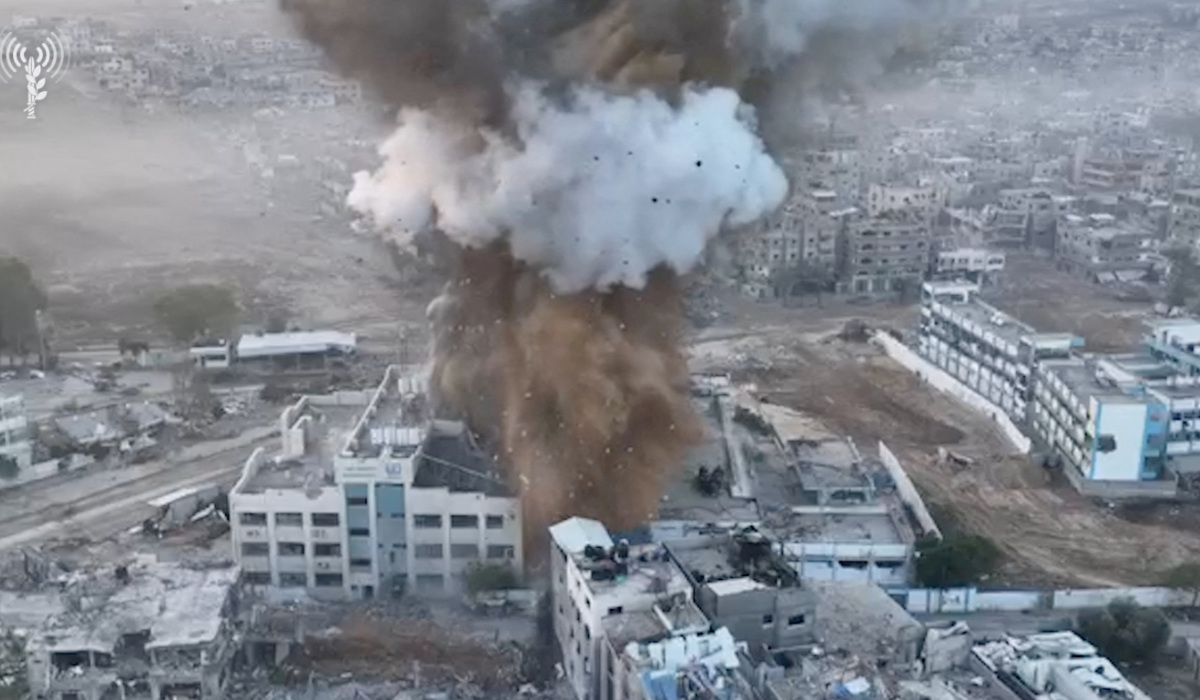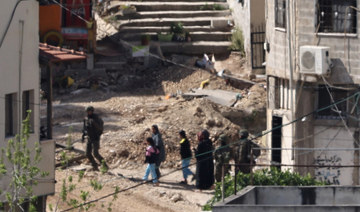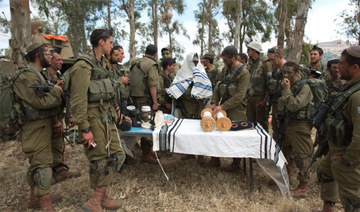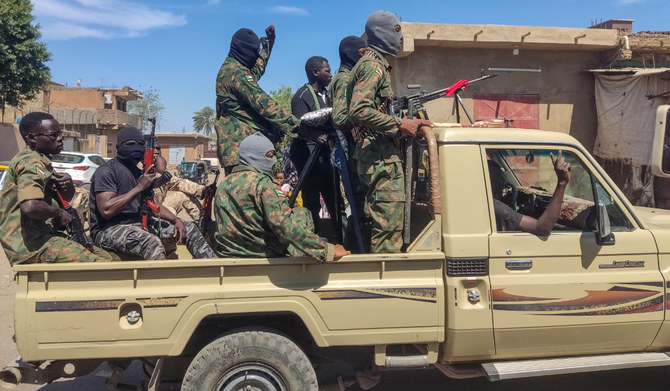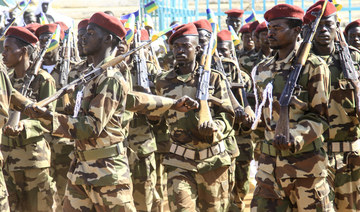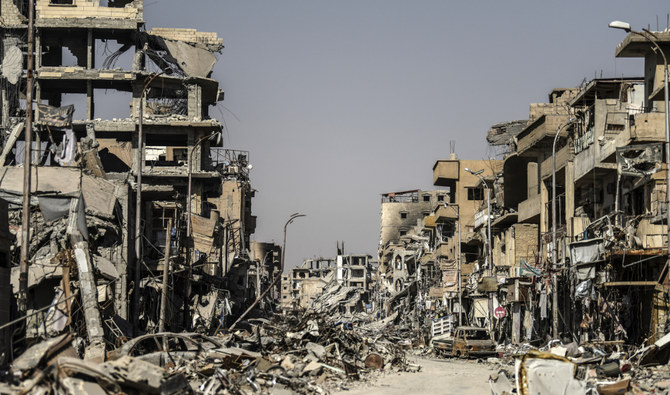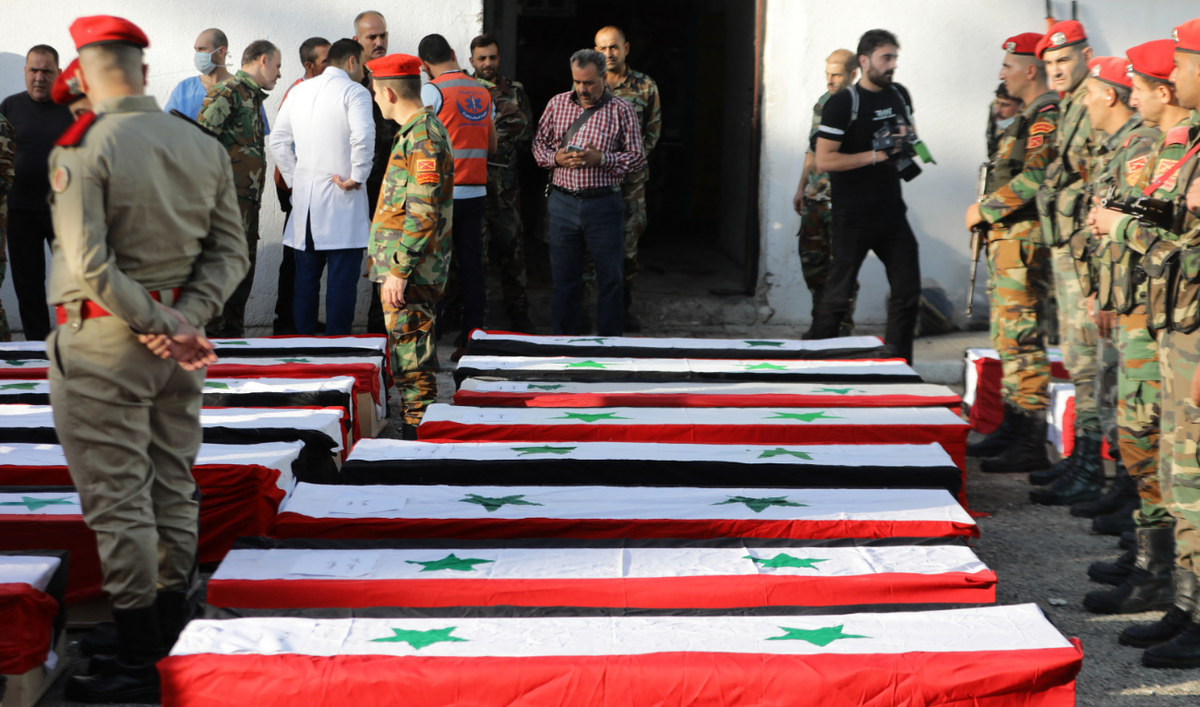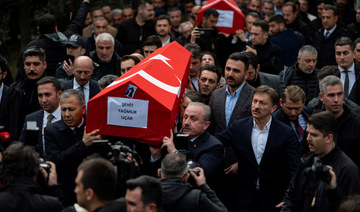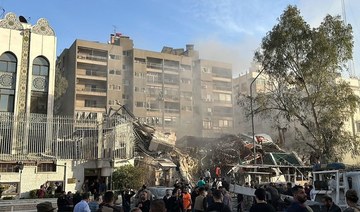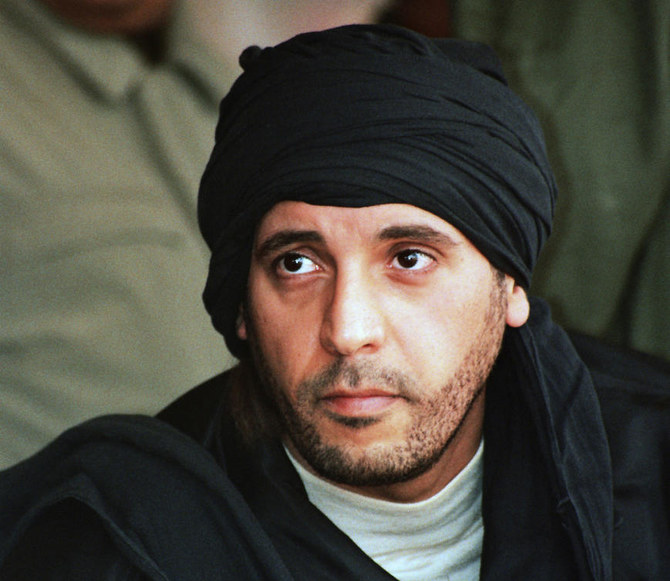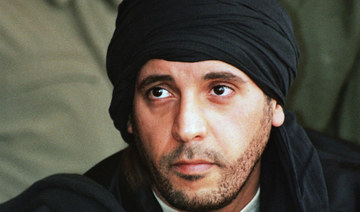DUBAI: Muhammad Waseem stands on the brink of an historic achievement.
The Pakistani boxer, 34, is currently preparing for the most important fight of his career to date, with the biggest prize of them all at stake.
On March 19, at Probellum Evolution in Dubai, Waseem faces undefeated IBF flyweight world champion Sunny Edwards in his first title fight.
A victory for Quetta-born Waseem would see him dethrone the Brit to become Pakistan’s first-ever boxing world champion, and he is leaving no stone unturned in his bid to make history.
“My training camp has been going very well and I’ve been working extremely hard because this is the biggest fight of my career so far,” he said. “It’s a huge opportunity for me and I’m determined to become world champion.
“I’ve been working intensely with my trainer, Danny Vaughan, and we’ve already sparred more than 60 rounds, so everything is going to plan. We are continually working and I’m very excited because this is a big moment. Dubai is like my second home and I’m looking forward to fighting there once again.
“Sunny is a great fighter, and world champion, but he’s not the best I’ve come up against in my career, I’ve beaten better than him,” said Waseem. “He’s a good boxer, but I’m 100 percent confident I’m going to beat him on March 19 in Dubai.
“We have a plan in store for him. I know he’s said a lot of things in the build-up, but I’m working hard and he’s working hard so let’s see what happens. I have this huge opportunity to become the first world champion from my country and I’m determined to take it.”
Probellum returns to Dubai for a two-night boxing showcase at the Dubai Duty Free Tennis Stadium on March 18-19, following the promotional company’s hugely successful inaugural event at the Coca-Cola Arena in December, which was hosted by legendary announcer Michael Buffer.
“Probellum is one of the biggest boxing promotion companies in the world and I’m pleased with my decision to sign, I’m really proud to work with them,” he said.
“They have given me this unbelievable opportunity to fight for the IBF flyweight world title, it’s a big deal for me and I’m very happy.”
Waseem enjoyed an impressive career in the amateur ranks, winning silver and bronze medals at the Commonwealth Games, in 2014 and 2010 respectively, as well as a gold at the World Combat Games in 2010.
Since making his professional debut in 2015, he has fought 13 times, winning 12 and losing just once, a defeat to South Africa’s Moruti Mthalane on points four years ago.
His most recent bout took place last November at the D4G Promotions show in Dubai, when Waseem overcame the challenge of Colombia’s Rober Barrera to win the vacant WBC silver flyweight title, stealing the show on a card that included the likes of Badou Jack, Rocky Fielding and Ohara Davies, with Anthony Joshua watching on from ringside.
“It was a very tough fight,” Waseem said. “Barrera is a difficult opponent. He has fought 23 times and only been beaten on four occasions so I knew it would be hard but fortunately I managed to beat him.
“He was very strong and pushed me back quite a lot during the fight. I actually think he is a tougher opponent than Sunny, but I’m fully focused on him now, and working toward March 19.”
The influence of Vaughan on the Pakistani fighter’s development shouldn’t be overstated. The Liverpool-born trainer has guided the careers of boxers such as the Smith brothers, Derry Matthews, Jazza Dickens, Paddy Barnes and Tyrone McKenna, as well as having previously worked with Edwards for a short spell, and Waseem is undoubtedly benefiting from his knowledge and expertise as he goes in search of a world title.
“I want to thank Danny because not only is he a great trainer, he’s a great man,” Waseem said.
“He’s really looked after me. When we are training and sparring, whatever instructions he gives me, I follow. He’s one of the most experienced trainers in boxing and he’s been involved in the sport for over 30 years. He has helped me with everything, which I’m so grateful for, and that gives me even more motivation to become a world champion.”
While Pakistan is yet to produce a world champion, Waseem’s success in boxing has ensured that the popularity of the sport in his homeland continues to grow.
The fighter hopes his performances to date, along with a potential victory against Edwards, will help to inspire Pakistan’s next generation of boxers.
“When it comes to amateur boxing, Pakistan is very strong,” he says. “We have produced a lot of great fighters who won medals at the Olympics and World Championships, but that’s not professional boxing.
“I was the best amateur and now I’m the best professional from our country. Because of that, boxing in Pakistan is becoming bigger and bigger. If you go to Pakistan, you will see there are a lot of aspiring fighters. In the future, I would like to open some gyms there in order to support young local talent and help to create more champions.”
For now, though, Waseem has a more immediate task, overcoming Edwards and writing himself into the history books.
“It would be absolutely amazing, both for myself and for Pakistan,” Waseem said. “It would also be huge for the UAE, which is where I’m based and where I train, because they have a very big Pakistani community. That is what is motivating me to push myself to the limit in order to win the fight.
“It’s massive for me and I want to thank Probellum for giving me this amazing opportunity. It’s an important moment for myself, my people and especially my family. I have made a lot of sacrifices to get into this position and I have a baby on the way in a few weeks, so it’s an important period coming up for me. I’m confident I will be victorious on March 19.”


